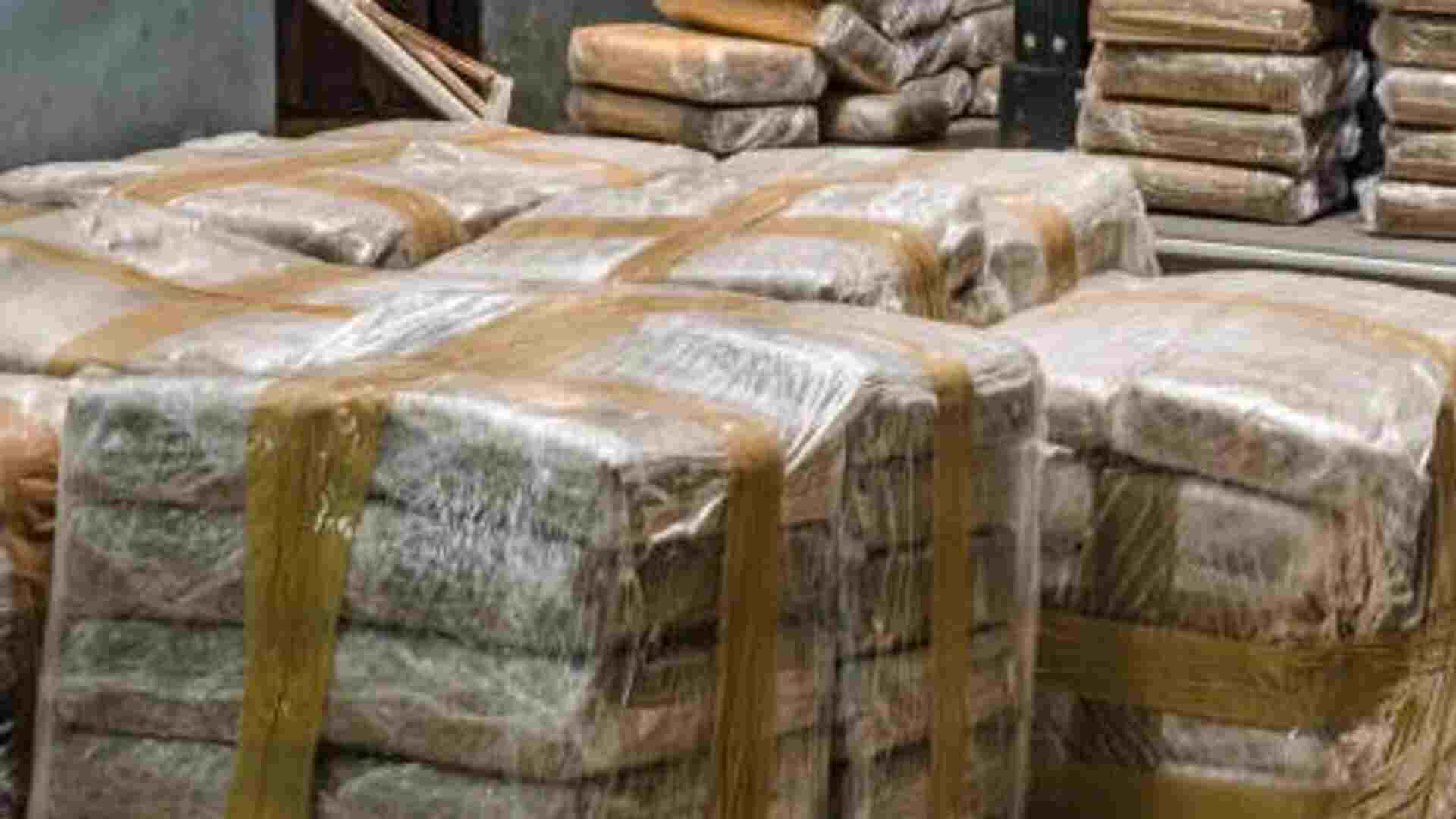
Much stress has been laid on Aatmanirbhar Bharat, and even more on the fact that agriculture will be the backbone of the economy in times to come. But can we have a self-reliant India, or even self-reliant agriculture, without a sovereign seed sector? The Indian government needs to revisit some policies before we can proceed.
First, the government needs to end or change the 100% FDI policy for the seed sector. Currently, 100% FDI through an automatic route is allowed in the seed sector. Several countries like China, Indonesia, Thailand, Japan and even some European countries have not allowed this. Many countries allow FDI in R&D in seed production and distribution, but a local partnership and shareholding is mandatory. This means that while Indian companies cannot have 100% owned subsidiaries in countries like China and Indonesia, companies from these countries can come and set up 100% owned subsidiaries in India. There is a need for revising the FDI policy in India not only for making India self-reliant regarding seeds, but also to protect and leverage the rich biodiversity possessed by our country. We are not only
committing a food security blunder, but also threatening India’s sovereignty.
The second obstacle is the dissonance in the regulatory systems. The implementation of a central legislation on seeds by the states’ seed licencing authorities differs since each state doesn’t interpret seed laws in the same way. This leads to difficulties for national-level seed companies, thereby, slowing down operations. There is a need for a uniform and harmonious licencing of seed companies and
varietal inclusion in the licence across the country. This problem has persisted for many years despite repeated representations by the industry. This step will resolve several issues and enable the seed companies to channelise their energies towards the primary task of developing, producing and distributing quality seeds to farmers.
There is also a need for the central licencing of seed companies with all the important operations like R&D, production, processing and marketing in several states in the new seed legislation. Central licencing and a varietal inclusion process for such companies will eliminate many of the obstacles which are being faced now.
We also need to encourage SMEs in the seed sector for quality seed production by providing free access to seed quality testing. This can be achieved by encouraging the setting up of third-party seed testing laboratories accredited by NABL. There is also a need to promote the establishment of independent seed testing laboratories by associations/trusts/societies without any conflicts of interest. Incentives towards reducing the establishment and operating costs can be provided, especially since these labs serve a very important process in the agricultural sector.
We should also look into R&D investment by SME companies with 100% shareholding by Indian citizens being reimbursed to the extent of 50%. This would encourage local companies to do more R&D. More Public Private Partnership (PPP) with government agri-research institutes (ICAR, IARI, CSIR and SAUs) will be encouraged again with private companies with 100% local-shareholding, and this would also enable public sector research to be oriented to the ground-level requirements of the industry and the farmers. On the issue of testing varietal testing fees in ICAR, All India Coordinated Research Project (AICRP) trials should be reduced and rationalised (for seed companies with 100% local ownership) so that a large number of seed companies can test their varieties at maximum locations. The current testing charges of ICAR prohibit the participation of small and medium companies in the AICRP trails.
We also need to establish crop improvement evaluation by trusts/societies/non-profit companies and by retired scientists or seed technologists. Attention must also be given to providing capital subsidies and funds to meet the viability gap and enhance the variety evaluation bandwidth in the country with an interest to encourage R&D and provide new hybrids/varieties quickly to farmers. Under the scheme of compulsory VCU testing envisaged in the new seed bill, this is absolutely important. No new businesses can emerge without adequate loans and capital, hence, an arrangement for adequate low interest working capital and soft loans for building infrastructure and investments in R&D should be made
available with banks. We need to classify all loans to seed companies as agriculture loans and keep them on the highest priority. Capital subsidy for seed infrastructure should be provided to the extent of 25%. All these provisions can be enabled with a new scheme akin to the “National Seed Project”, with an appropriate title like “Aatmanirbhar Beej Udyog”.
Special economic zones may also be identified for seed production and export to encourage seed production for export in the states which have excellent agro climatic conditions to take up quality seed production. Policy and procedures for custom seed production of foreign varieties, exclusively for export purposes, should be made too.
Aatmanirbhar Bharat needs to be built on our terms and our sovereign laws. Hence, IPR protection available for seeds and plant varieties, including transgenic plant varieties, is under the Protection of Plant Varieties and Farmers’ Rights Act (PPVFRA). All trait licencing, including GM traits, shall be as per section 26 of PPVFRA. Section 3(j) of the Indian Patent Act (which excludes seeds and plant varieties) shall be enforced in letter and spirit in India so as to stop monopolies in the seed industry, which is detrimental to farmers and to national agriculture as well.
Moving to the public institutions, ICAR and SAUs should focus on the development of the human resource requirements of the seed industry through constant interaction, to make their syllabus and courses relevant to the industry’s needs.
Finally, the government needs to bring reforms to the seed sector too. We need to bring a rule, like in the case of coffee, tea or rubber, to tax about 20% income since seed production, which is agriculture in nature also involves processing, packing and labeling as per the Seeds Act.
If all these parameters are met, the Indian seed sector will undergo a revolution which will uplift our nation to be the pioneer, not only in the seed sector, but also in agriculture.















